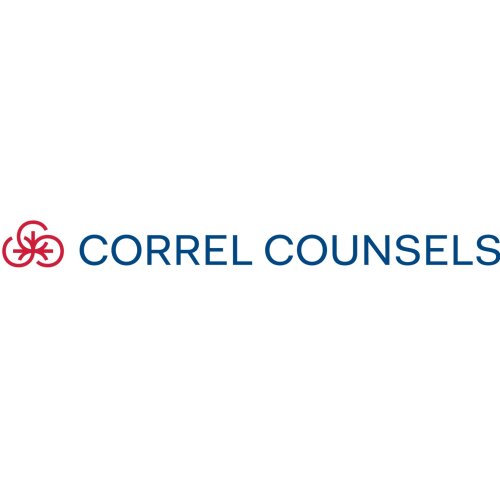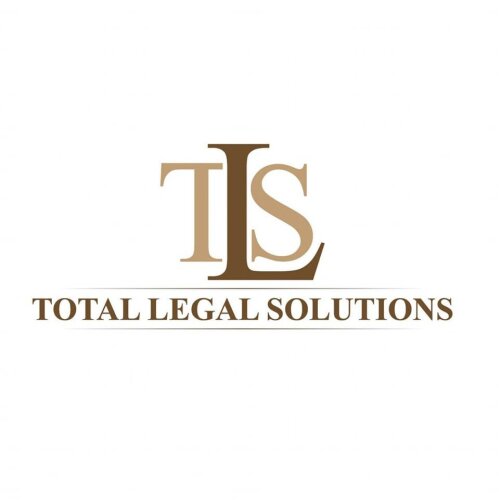Best Licensing Lawyers in Maldives
Share your needs with us, get contacted by law firms.
Free. Takes 2 min.
Or refine your search by selecting a city:
List of the best lawyers in Maldives
About Licensing Law in Maldives
In the Maldives, licensing covers a wide range of business activities that include retail, tourism, telecommunications, broadcasting, and fishing - among others. To legally carry out these activities, a license granted by the relevant Maldivian authority is typically required. These licenses are governed by a variety of laws and regulations depending upon the sector of business. They are mainly issued by the Ministry of Economic Development, though licenses for certain specific sectors may be issued by other regulatory bodies. It is important to note that operating without the required licenses can result in legal and financial repercussions.
Why You May Need a Lawyer
The Maldivian licensing procedures can be complicated and time-consuming, with many legal intricacies involved. You may need a lawyer to guide you through the legal details, help you understand pertinent obligations, and assist in efficiently navigating the process. If you're applying for a specific license, such as for a resort or to operate a communications company, these often have complex conditions that may require professional legal advice. A lawyer can also help you stay updated and compliant with any changes in Maldivian licensing laws, ensuring smooth and unproblematic business operations. Without legal help, you may be risking non-compliance or operating unlawfully.
Local Laws Overview
The Maldives has specific laws for different sectors, each exposing distinct stipulations for operating under a license. The cornerstone bits of legislation include the Business Registration Act, the Companies Act of the Maldives, and the Foreign Investment Act (for foreign investors), among others. For dairy, or food and beverage businesses, the Food Safety Regulation of the Maldives also comes into play. Licensing rules for fishing, a key economic sector in Maldives, are controlled by the Fisheries Act of the Maldives. On the other hand, telecommunications and broadcasting licenses are regulated by the Maldives Broadcasting Act and the Telecommunications Regulation respectively.
Frequently Asked Questions
1. How long does it take to get a business license in Maldives?
The processing time for business license applications varies depending on the type of license, but it usually takes around 2-3 weeks.
2. What is considered an unlawful establishment?
An establishment operating without a requisite license or failing to comply with regulatory conditions of its license may be considered unlawful in the Maldives.
3. Can foreign-owned companies operate in the Maldives?
Yes, foreign-owned companies can operate in the Maldives with a foreign investment registration and the necessary licenses.
4. Are there penalties for non-compliance?
Yes, non-compliance with licensing laws can result in financial penalties, suspension, or even revocation of licenses.
5. Can I appeal if my license application is rejected?
In most cases, yes, but the appeal process will depend on the type of license and the rules of the granting entity.
Additional Resources
For additional guidance, candidates may wish to reach out to the Ministry of Economic Development, which deals with numerous types of business licenses. In the case of telecom or broadcasting, the Communications Authority of the Maldives can be approached. For any fishery-related requirements, the Ministry of Fisheries and Agriculture can lend support.
Next Steps
If you need legal assistance with licensing in the Maldives, start by identifying an expert in Maldivian licensing laws who can assist in understanding the legal landscape, preparing paperwork and applications, and navigating through any complications or appeals. Following that, ensuring regular compliance checks and keeping up-to-date with changes in relevant laws is crucial to avoid any legal penalties and facilitate uninterrupted business operations.
Lawzana helps you find the best lawyers and law firms in Maldives through a curated and pre-screened list of qualified legal professionals. Our platform offers rankings and detailed profiles of attorneys and law firms, allowing you to compare based on practice areas, including Licensing, experience, and client feedback.
Each profile includes a description of the firm's areas of practice, client reviews, team members and partners, year of establishment, spoken languages, office locations, contact information, social media presence, and any published articles or resources. Most firms on our platform speak English and are experienced in both local and international legal matters.
Get a quote from top-rated law firms in Maldives — quickly, securely, and without unnecessary hassle.
Disclaimer:
The information provided on this page is for general informational purposes only and does not constitute legal advice. While we strive to ensure the accuracy and relevance of the content, legal information may change over time, and interpretations of the law can vary. You should always consult with a qualified legal professional for advice specific to your situation.
We disclaim all liability for actions taken or not taken based on the content of this page. If you believe any information is incorrect or outdated, please contact us, and we will review and update it where appropriate.
Browse licensing law firms by city in Maldives
Refine your search by selecting a city.

















